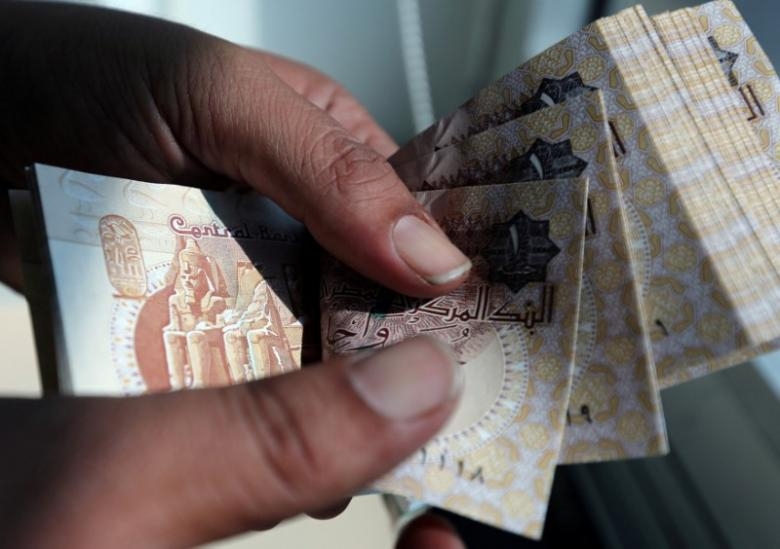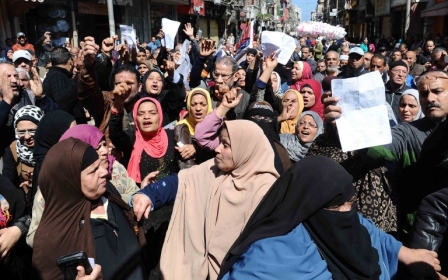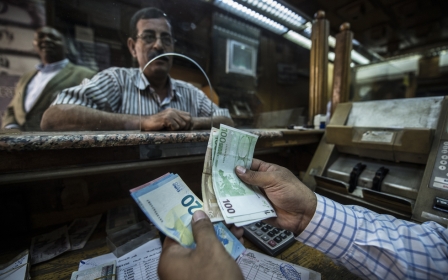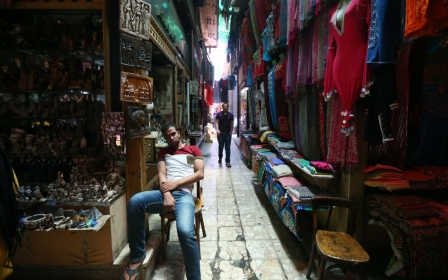IMF in Cairo to review second instalment of $12bn loan

An International Monetary Fund (IMF) delegation will arrive in Cairo on Sunday to review Egypt's progress on economic reforms before it disburses the second instalment of a $12bn loan programme, the Finance Ministry said.
The IMF delegation will stay until 11 May and meet with officials from the ministry and the central bank, the ministry said in a statement.
Egypt agreed the three-year programme with the IMF in November, after floating its Egyptian pound currency in a dramatic move aimed at unlocking foreign inflows and boosting exports after a long-running dollar shortage threatened to paralyse the economy.
It promised a raft of tough reforms, including narrowing its budget deficit, in return for the loan package from the IMF and a host of other bilateral backers with payments spread over three years and linked to progress on reforms.
The IMF released a first instalment of $2.75bn in November, shortly after the deal was agreed.
Egypt has said it expects to receive the second instalment, worth $1.25bn, in May or June, once the IMF review has been completed.
IMF managing director Christine Lagarde told Reuters in February Egypt was making good progress on reforms.
As part of reform efforts, Egypt has introduced a value-added tax (VAT) and secured $4bn in eurobonds from international markets in an oversubscribed issuance.
It is also part way through a programme to reform power and fuel subsidies and is preparing to privatise several state-owned banks and energy companies.
Egypt's trade ministry on Thursday imposed a tariff on the exports of fresh and frozen fish of 12,000 Egyptian pounds ($665) per tonne for four months.
The decision came two days after President Abdel Fattah al-Sisi said Egypt had halted fish exports after a surge in sales to foreign markets following last November's currency devaluation led to supply shortages locally and a rise in domestic prices.
Last year, Sisi raised the price of subsidised fuel and electricity in order to obtain the IMF loan.
He also brought in new taxes and allowed the Egyptian pound to float to qualify for the loan.
Middle East Eye propose une couverture et une analyse indépendantes et incomparables du Moyen-Orient, de l’Afrique du Nord et d’autres régions du monde. Pour en savoir plus sur la reprise de ce contenu et les frais qui s’appliquent, veuillez remplir ce formulaire [en anglais]. Pour en savoir plus sur MEE, cliquez ici [en anglais].




